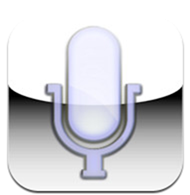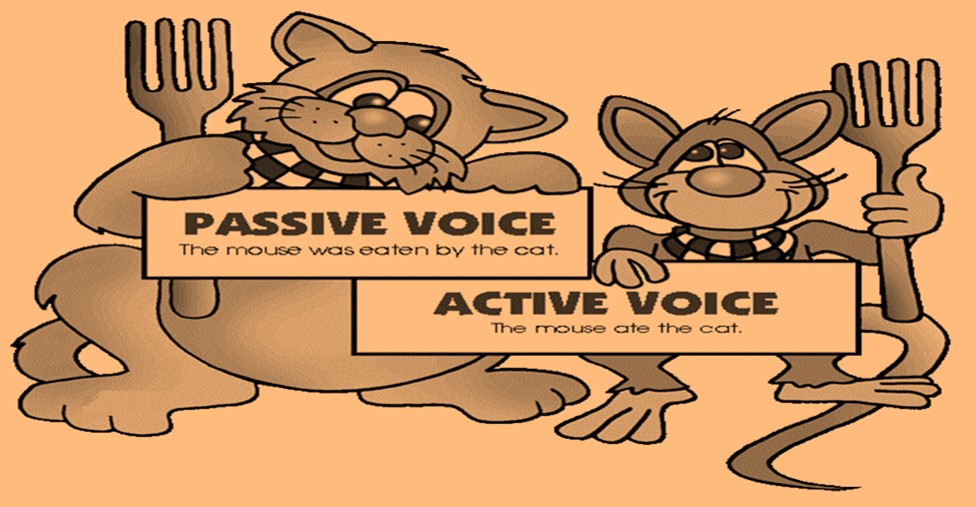

- #VOICE ACTIONS PANNOUS UPGRADE#
- #VOICE ACTIONS PANNOUS ANDROID#
- #VOICE ACTIONS PANNOUS SOFTWARE#
- #VOICE ACTIONS PANNOUS SERIES#
I’ve often thought that Apple’s insistence on calling Siri “her” made it out to be more than it is, a series of keywords hooked into various web and app actions. It’s not that there’s a personality, it doesn’t have a name, it’s just “Computer.” Our approach is more like Star Trek, right, starship Enterprise every piece of computing surface, everything is voice-aware. The metaphor I like to take is – if it’s Star Wars, you have these robot personalities like C-3PO who runs around and he tries to do stuff for you, messes up and makes jokes, he’s kind of a comic relief guy. You know, it can be really funny at first, but that uncanny value of just, uh, having a personality that you start to interact with, um, as you would a person, with all the contextual ambiguity you would with a real person – that’s a really challenging approach, and they’re going for it, that’s great.
#VOICE ACTIONS PANNOUS SOFTWARE#
The app Voice Actions, made by Pannous, taps Nuance software to let users set alarms and reminders, get news and do image searches.Well, we don’t like to set ourselves in a head-to-head kind of way, you know, Apple makes terrific products, I think Siri is great I think it’s really hard in the long run to follow strategy of making kind of an artificial personality. Sonico's app is one of about 140 new consumer mobile apps created by third-party developers that make use of Nuance technology, which also powers 's Price Check app, a way for shoppers to check online prices while browsing in physical stores. Nuance's new rates "made it possible to sell apps for cheap," says Marktl. Sonico selected Nuance's most expensive service plan, but pays a flat rate for every app that's downloaded instead of a per-use fee. The 99-cent app has been downloaded more than 500,000 times. The Austrian startup's iTranslate Voice, which made its debut on May 10, is the seventh most popular paid app in Apple's App Store, ahead of hit games such as Walt Disney's "Where's My Water?" and Rovio's "Angry Birds."Ī user can say a sentence in one language, and the software repeats the phrase in any one of 30 other languages. One beneficiary of Nuance's change in strategy is Sonico.
#VOICE ACTIONS PANNOUS ANDROID#
Google, for instance, makes high-quality voice recognition software available to app makers for free, but it only supports apps built for its Android operating system. "As a small app developer, it's too dangerous."Īnd for iPhone developers in particular, there were few other options.

"If your app was too popular, the costs would explode," says entrepreneur Alexander Marktl, whose startup, Sonico Mobile, makes a foreign-language translation app.


Startups had to charge customers a per-use fee - a very unpopular model - or cover the tab on their own. Until the new rules kicked in, Nuance charged mobile developers about a penny each time the users of their apps tapped into voice recognition features. Siri is an example of "the types of situations we are looking to develop: smaller companies using us becoming big."
#VOICE ACTIONS PANNOUS UPGRADE#
"It's a way to seed the market with our technology," says Matt Revis, a vice president at Nuance Mobile, which makes money when app makers upgrade to plans that offer customer service or more features. That's triggered a wave of new apps where users can shop, search, play games or otherwise use their phones through voice alone. In September, Nuance started offering free tools to mobile developers for building applications using Nuance's speech recognition software. That success has given Nuance, which also sells its voice recognition software to health care and financial companies and is known for being a hard bargainer, a new respect for the value of freebies.


 0 kommentar(er)
0 kommentar(er)
